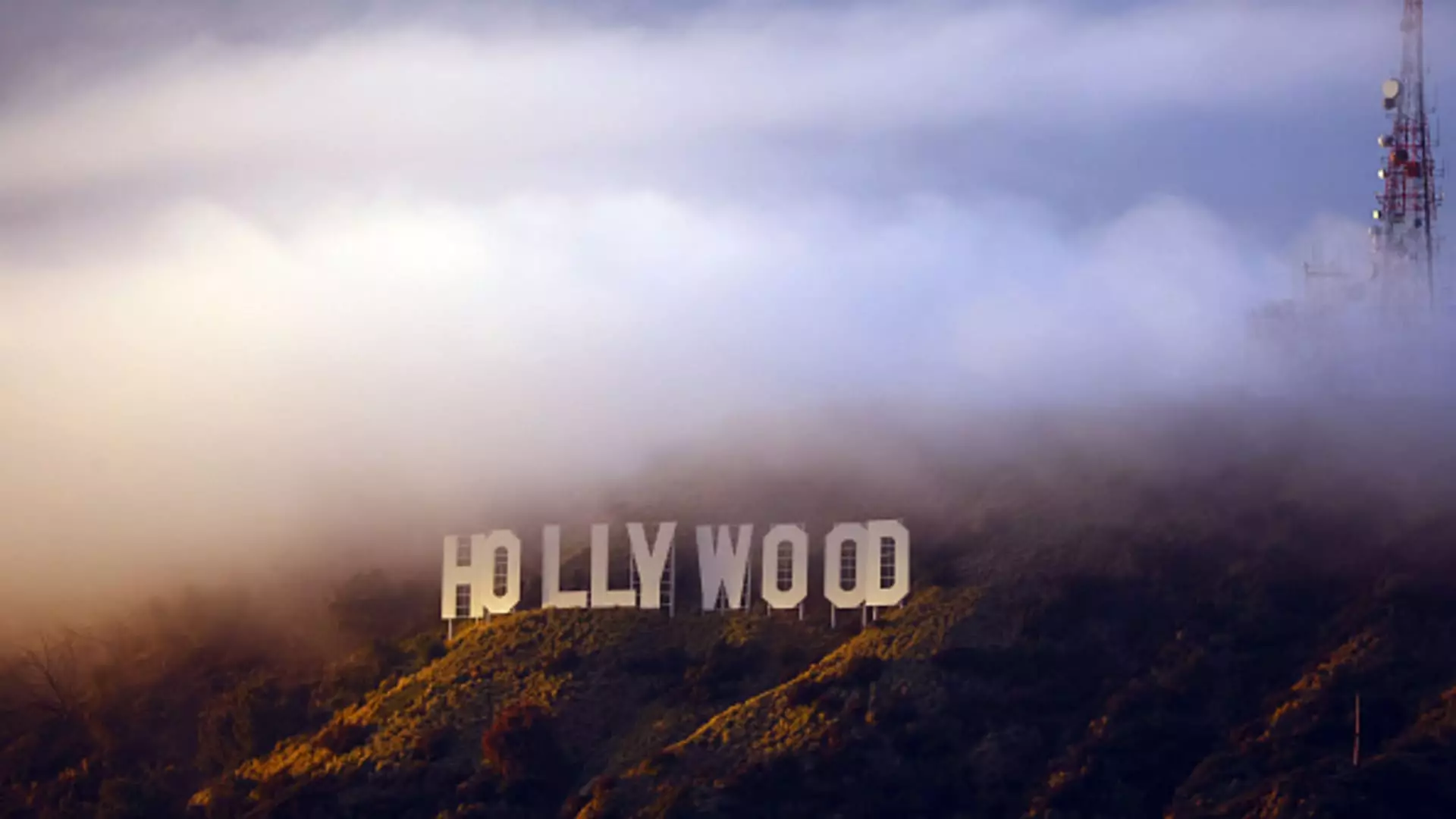The entertainment industry is often viewed as a glimmering realm, untouched by the turbulent tides of politics and trade. However, the recent announcement of tariffs by President Donald Trump has cast a shadow over one of Hollywood’s most steadfast allies: Canada. Often referred to as “Hollywood North,” Canada has been a vital hub for American film and television production due to its enticing tax incentives and a rich talent pool of industry professionals. As trade tensions rise, it is crucial to assess the implications of these tariffs on the intricate relationship between Hollywood and its northern neighbor.
Canada’s allure for U.S. studios lies not only in tax credits but also in its high-quality workforce capable of executing complex film and television projects. Directors, actors, and technical crews enjoy a strong reputation, having worked on numerous blockbuster films over the years. However, the potential for escalating tariffs creates uncertainty within this well-established framework. Should Canada retaliate against U.S. tariffs, it could lead to a reevaluation of financial arrangements that heavily favor American studios. The concern looms that these tariffs might result in withdrawing benefits that have made Canada a prime location for productions.
The worries are not just theoretical. With the imposition of a 25% tariff on goods from Canada, urgent questions arise about operational costs for U.S. film studios. Many projects import specialty materials, and increased costs could gnaw at already tight production budgets. While some studios typically source production materials locally, the specter of tariffs creates a financial strain that could affect budgets for new projects significantly.
Beyond the immediate impacts on production, the tariffs raise concerns about the broader economy and the spending power of potential moviegoers. Industry analysts predict that increased costs for everyday goods due to tariffs could constrict consumer spending, driving audiences away from theaters. As households tighten their belts, leisure activities like going to the movies may be some of the first things to go.
This potential decline in disposable income comes at a precarious time for Hollywood, still recovering from the economic fallout of the COVID-19 pandemic and subsequent labor strikes. The industry has only just begun to stabilize, and any disruption in audience engagement could have dire ramifications for box office revenues. The film and entertainment sector thrives on optimistic projections – if consumers hesitate to spend, it will inevitably lead to diminished ticket sales across the board.
Despite these challenges, there remains a sense of resilience within the industry. Many experts argue that while the impact of tariffs will ripple through the production process, Hollywood will likely adapt as it has in the past. The fundamentals of global collaboration in filmmaking have made studios adept at navigating labor costs, resource sourcing, and logistical challenges. The hope is that popular upcoming films may help rekindle the fervor for cinema-going.
However, the relationship between American audiences and the media landscape is shifting. With the convenience of streaming services and home theaters, traditional box office revenue models may be tested further. If ticket prices rise due to increased operational costs, can the industry count on long-term loyalty from consumers increasingly accustomed to enjoying films from the comfort of their living rooms?
While the entertainment industry has faced numerous hurdles throughout its history, the pressure from rising tariffs presents a unique challenge that could reshape Hollywood’s dynamics with Canada. A proactive approach underscores the importance of dialogue to mitigate trade tensions rather than letting them escalate into destructive conflict. The hope is that by nurturing the collaborative spirit that has long characterized the film industry, Hollywood can weather these political storms and emerge with its creative essence intact. Ultimately, the consequences of this trade war will unfold over time, and the stakes have never been higher for both the production studios and the audiences that sustain them.

